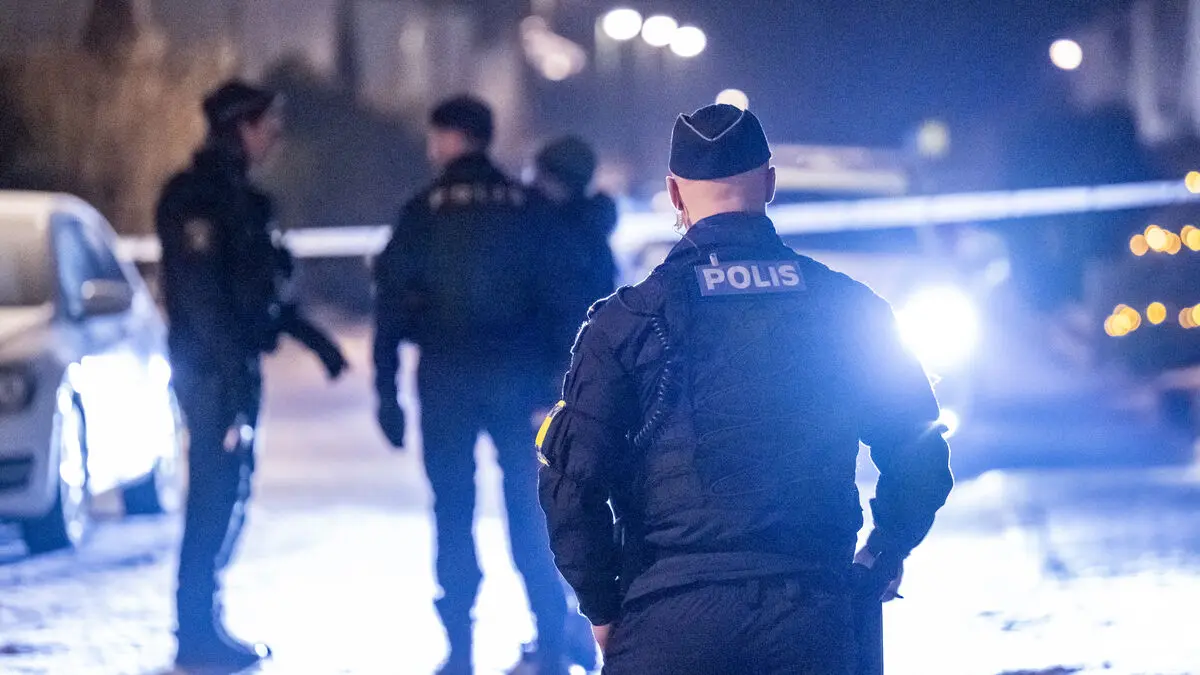Neige Sinno is 47, a PhD in literature and author, living in Mexico. Throughout her life, she has thought about how to tell about what she went through as a child.
I don't want to tell, but I must. I'm angry, but I can't turn my anger towards my readers. All this is in the book and gives it a special energy, she says now.
200,000 copies have been sold in France alone, where one in ten responded in an EU study that they had been victims of incest as children. An unbelievable number?
One would like to think it's not true, but it's statistics that have been compiled after asking a large group of people.
In Silence
Her book came two years after the French lawyer Camille Kouchner's autobiographical "La familia grande" kicked off a special incest-MeToo and contributed to the establishment of a state incest commission, La Ciivise, which quickly gathered 30,000 testimonies. Stories about incest have been published before – Neige Sinno has always read them – but they were left in silence, she emphasizes.
And suddenly, some new testimonies, written in a different way – and something happens in society.
From the age of 7 to around 14, she was raped by her stepfather, the charismatic mountain guide whom she refused to call "dad", which, according to him, meant he had to subdue her through sexual violence. When he came out of prison again, the villagers greeted him, but not her.
Open Doors
With the report comes shame, writes Sinno. She was in her 20s when she went to the police with her mother, and 21 when the trial, at her request, was held in public.
My intuition said even then that this wasn't just my personal story, but something much bigger than our family. I was very young. I was a student, I had wished that my mom had testified, that my sisters had done it.
With "Forced Tiger", the greatest challenge was instead literary. Neige Sinno didn't want to give answers she didn't have, or establish categorical truths, but still depicts the child's total vulnerability and crushes prejudices about incest. For example, one might think it was her sexuality that was damaged.
It's a logical prejudice, one has been through an assault that the whole society describes as sexual, but according to me, it's much worse than that. It's a recurring humiliation and imposed silence that breaks down the person fundamentally.
Born: 1977 in Vars, les Hautes-Alpes.
Lives: In the Mexican countryside.
Family: Partner and daughter.
Authorship: Debuted in 2007 with the short story collection "La vie des rats" (The Life of Rats). In 2023, "Tvingad tiger" ("Sad Tiger") was published, for which she received the French Prix Femina and Prix Goncourt de lycéens, whose jury consists of 2,000 high school students. The book is now being translated into over 20 languages.
About reading:
"Reading is the great passion in my life, it gives life meaning. Writing comes from the enormous joy that reading gives."
About Gisèle Pelicot's open trial:
"I haven't delved into the case enough to know anything about her motivation. Was it there from the beginning? Was it about wanting to achieve social change or not? One is also drawn into the collective, into the movement one experiences, and there was a social expectation of this trial."
About her own courage and why she survived:
"That question is always there for survivors – why me? – and it's unbearable to think about. One can't think of a survivor as better. It's not fair to value courage that makes us devalue those who don't have it."






